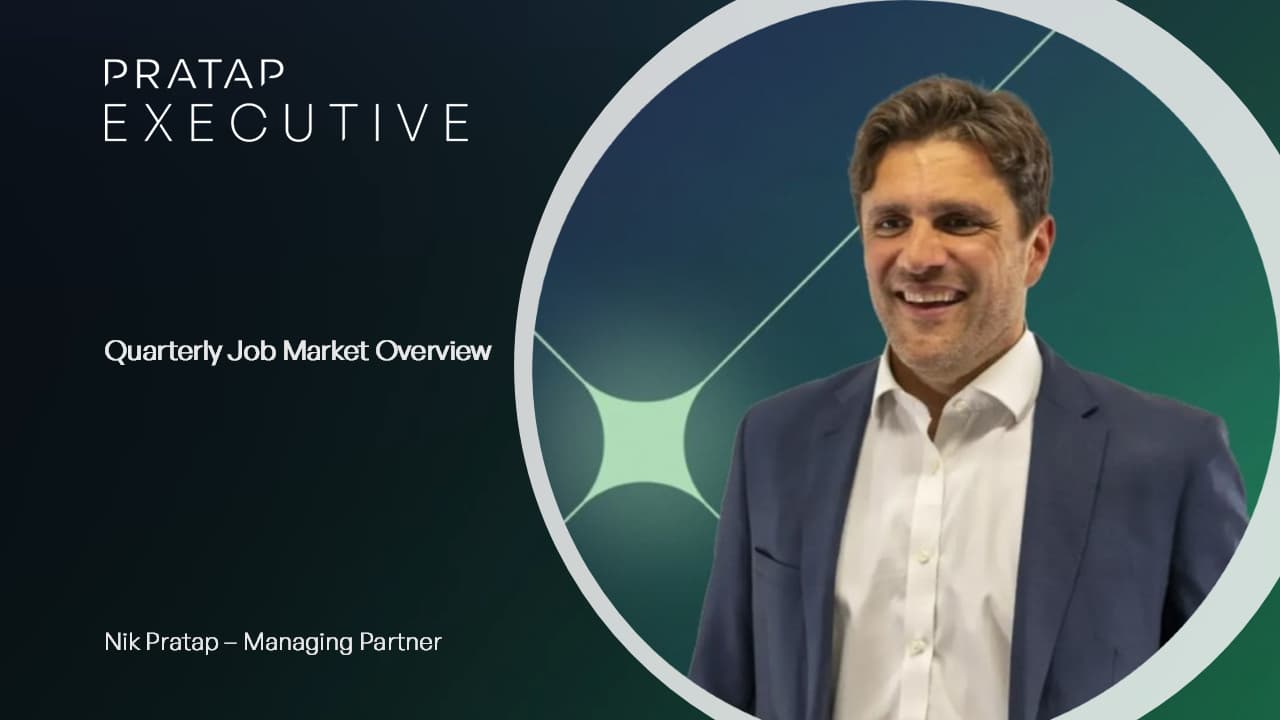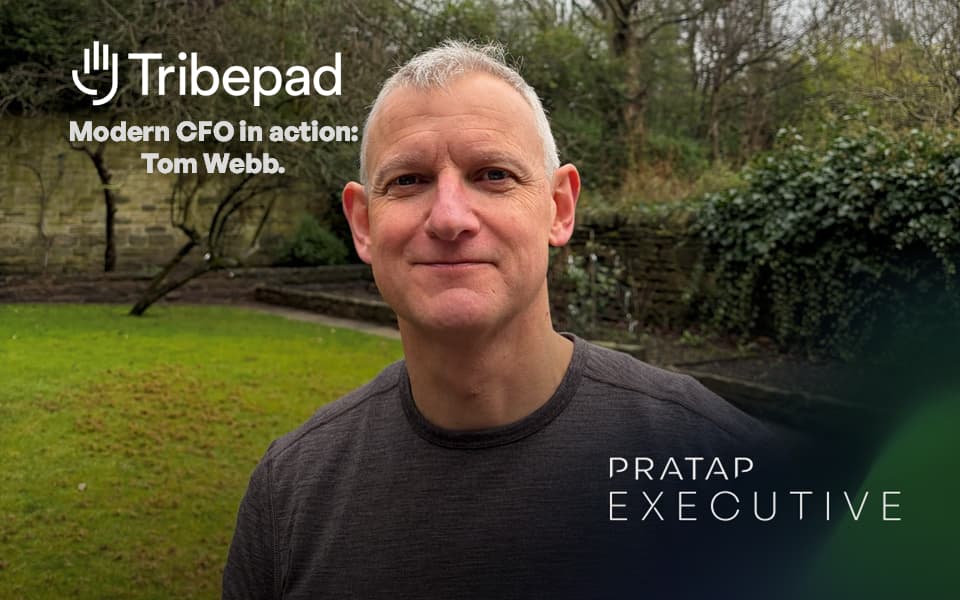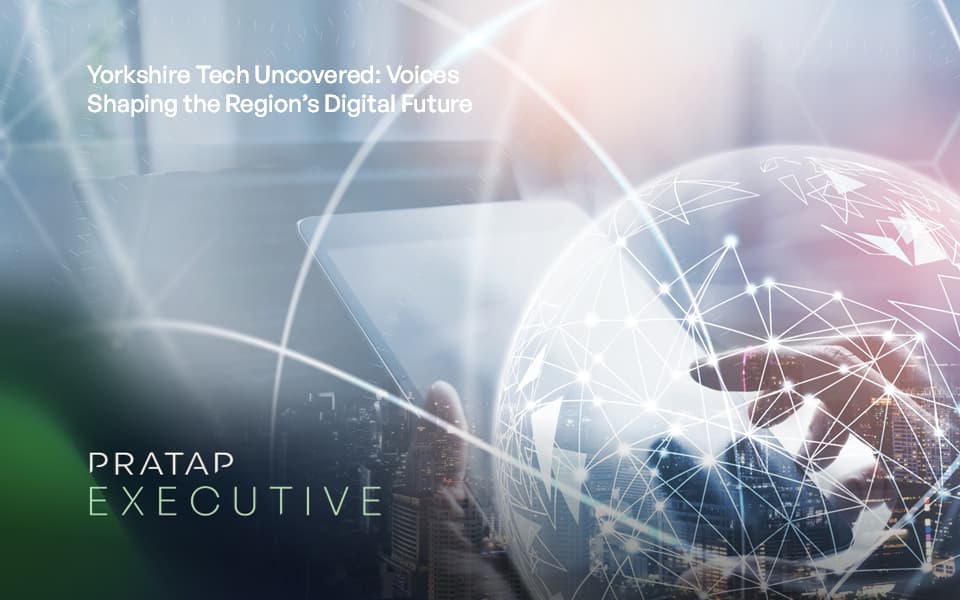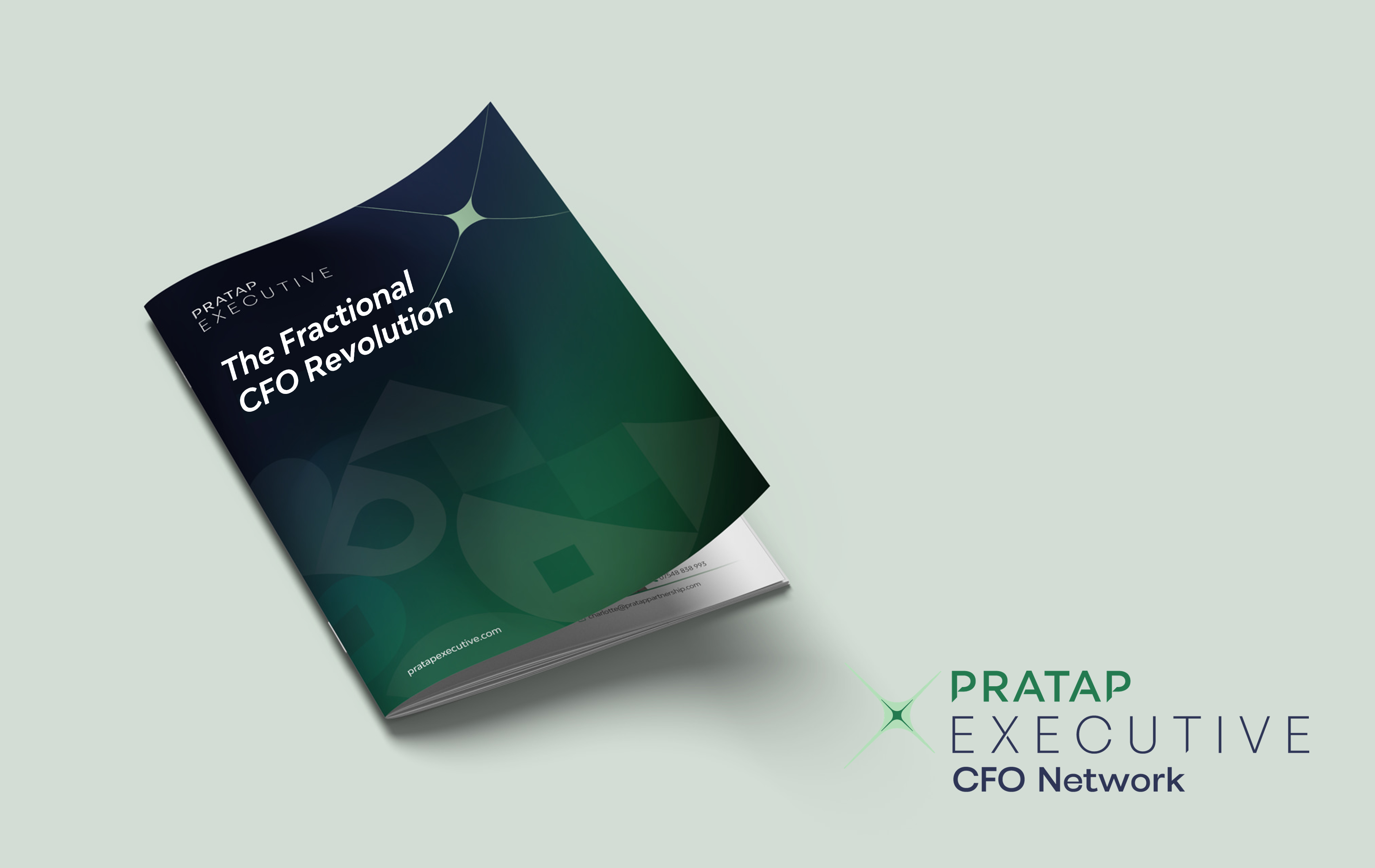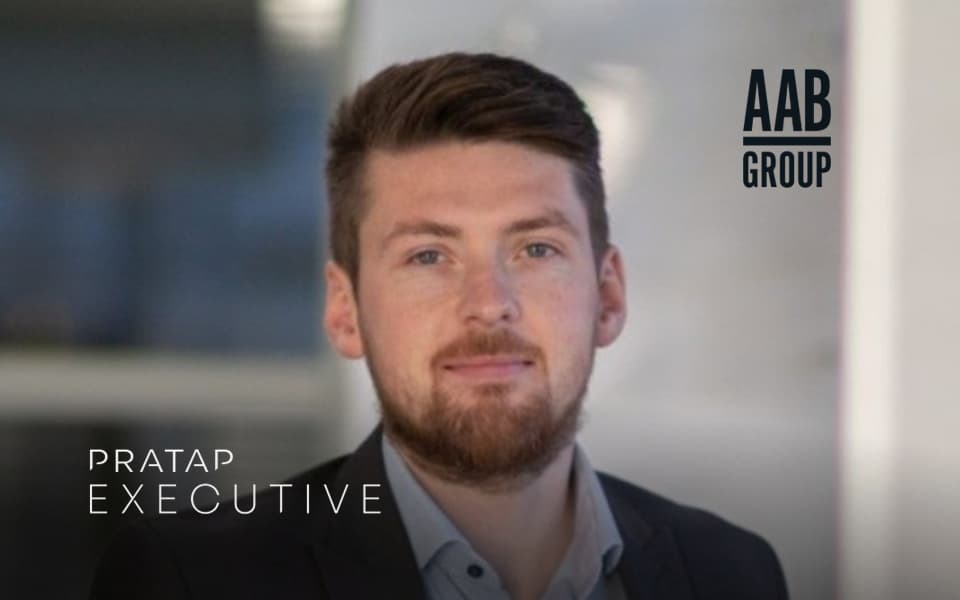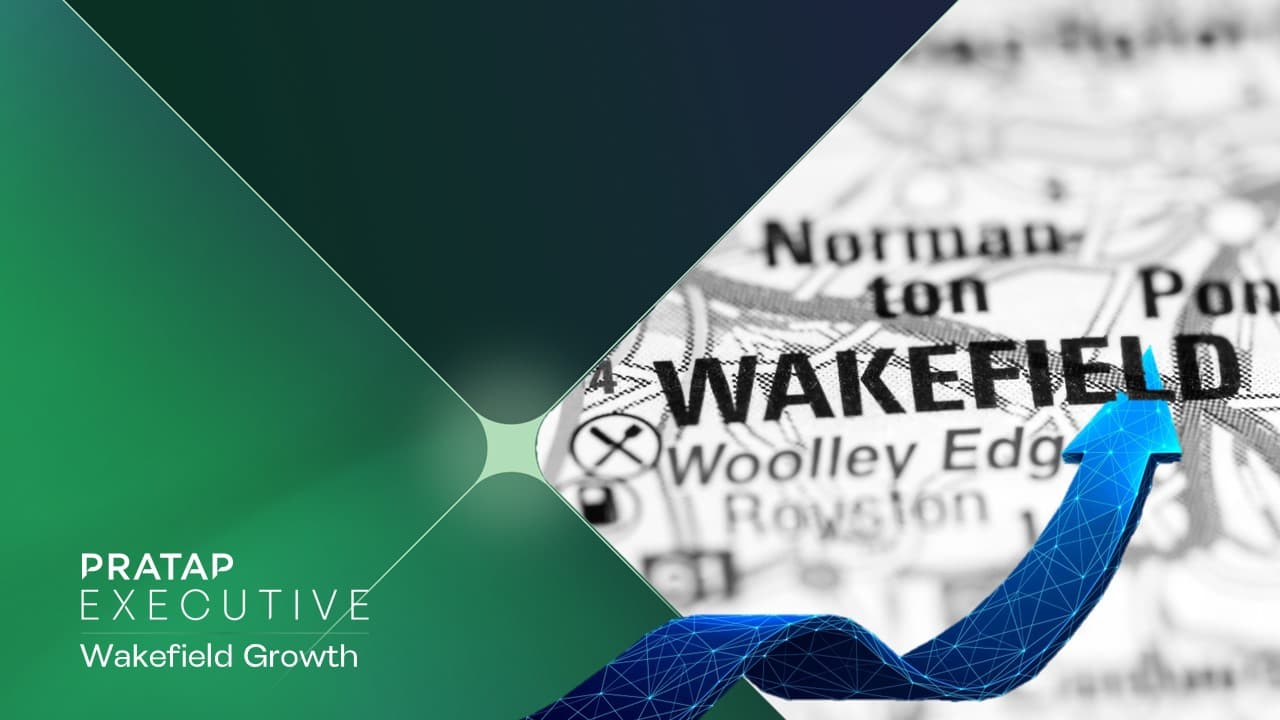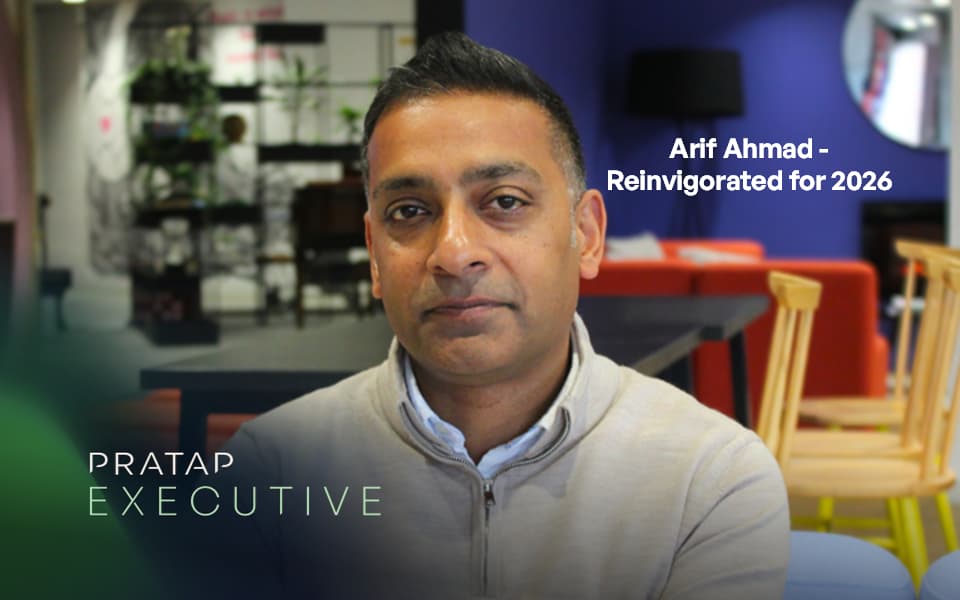Brian Lochead: A Global Finance Leader Shaping Growth, Resilience and People
Brian Lochead’s career spans continents, industries and leadership roles, from his early years at PwC to senior positions in major organisations and interim turnaround engagements. Known for combining technical finance expertise with people-focused leadership, Brian has built a reputation for driving transformation, resilience, and lasting impact. This article explores his journey, philosophy and insights into the evolving world of finance and leadership.
Brian Lochead: A Global Finance Leader Shaping Growth, Resilience and People
Brian Lochead’s career spans continents, industries and leadership roles, from his early years at PwC to senior positions in major organisations and interim turnaround engagements. Known for combining technical finance expertise with people-focused leadership, Brian has built a reputation for driving transformation, resilience, and lasting impact. This article explores his journey, philosophy and insights into the evolving world of finance and leadership.
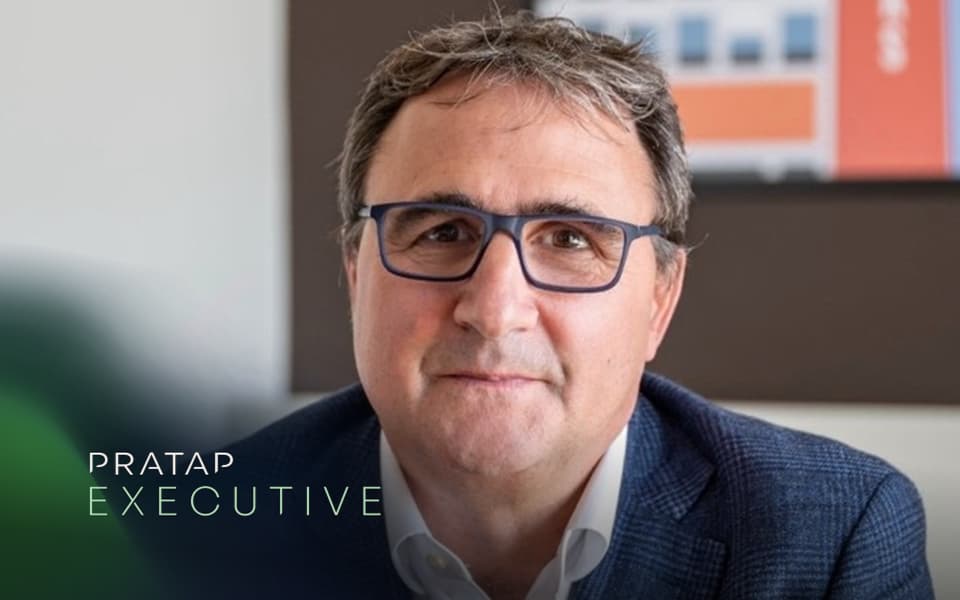
We love to share the stories of some of the most impressive finance individuals and captivating personalities in our network. These conversations showcase not only career success but also the insights and values that shape outstanding leaders.
Brian Lochead is a former colleague of our Chair, Bill Henry, and a finance leader who more than meets both criteria. His career has spanned continents, industries and leadership roles, always underpinned by his passion for people, growth and making a lasting impact:
Career History
- Brian began his professional journey with PwC, where he qualified in audit and advisory.
- He progressed to Partner and led projects across more than 50 countries, doing work in Europe, Asia, Africa, Latin America — anywhere clients needed restructuring, turnaround or transformation support.
- Post-PwC career includes COO of Heylo Housing Group, Director for Barratt Developments plc and interim CFO at Talk Talk Group.
- In more recent years, Brian has gravitated to interim roles and turnaround engagements. He is sector-agnostic and geography-agnostic — able to drop into challenging environments, stabilise finances, lead transformations and help reset leadership teams. His mix of change leadership, technical finance, and human insight is a strong differentiator.
- Beyond pure finance, Brian is a qualified executive coach.
This interview highlights the advantages of a Big Four career, the unique opportunities that come with international mobility, and the way finance continues to balance technological change with the enduring value of human judgement.
One of the most fascinating career journeys we have seen. Starting with a PwC training contract and rising to become a successful and established international C-Suite Leader.
What have been the key elements of your career planning story?
There is a danger at coming across as simplistic in my approach, but one word best describes my career path – Serendipity.
I have never really set out a clear plan other than (and it will be covered later) my return to PwC and I have really built on experiences and opportunities.
I wanted to go “into business” and really followed what my Uni friends were doing and applying to the then big 8 as part of what was an extended milk round!
Thereafter it’s been about learning, about being fully committed and hard working and open to opportunities and challenges. I was keen to leverage off what is a largely unique international background and a sports-induced resilience, hunger and quest for regular and sometimes marginal improvements / gains.
Even though there was no formal or detailed planning, each career move has very much a link to the previous one and it has been about being curious, assessing opportunities and going for it.
PwC has played a key role in your career for 27 years and in two stints. Tell us how the early years provided a foundation and talk us through why you went back to build a successful career?
I absolutely loved what was then PW, and nothing has taught me more than my graduate programme there — the people I met, the incredible projects I worked on, and the opportunities, including secondments to Paris and Frankfurt. From early on I could see myself becoming a Partner. The questions were: how could I differentiate myself, what would my USP be, and how would I get there? I knew I did not want to be an Audit Partner, and although I enjoyed a secondment in Corporate Finance, it was not an area where I felt the firm could dominate.
So I made the decision to go into industry for a few years in search of that differentiating skill and experience. Joining Edrasco was about growth and the possibility of being part of a fast-growing business. My due diligence skills, however, proved not quite sharp enough, and I quickly got my first taste of restructuring. As they say, the rest is history.
After that, and a subsequent turnaround of an office furniture business back in the UK, the path back into the firm became clear — this time with the skills and focus that would define the rest of my career.
You have been nationally and internationally mobile in your career. What have been the most positive experiences and aspects of this? (and challenges?)
I was fortunate to grow up tri-lingual (serendipity again!), which gave me not only the ability to communicate but also the cultural awareness to connect with people in different markets. Over the course of my career, particularly during my time with PW and PwC, I worked on projects in more than 50 countries. Those experiences were hugely fulfilling, both professionally and personally.
Most of my time was spent in continental Europe, where I felt very aligned culturally. The advantage was being able to build rapport quickly and to understand the nuances of language, culture and personality. The occasional challenge was that clients often assumed I was a native — which meant I had less leeway for any gaps in technical knowledge of local rules or practices.
There were, of course, more testing environments. One that stands out was a restructuring project in Japan. Meetings were highly formal, always with translators, structured around seniority, and often felt unproductive to my team. Many became frustrated at the lack of progress, but I understood that this was part of the cultural process. We knew they understood every word we said, while we had no insight into their conversations — it was a game we had to play with patience. That experience really deepened my respect for cultural awareness and resilience.
On a different note, the challenge of work–life balance was ever-present. A good example was a project in South Africa. I had flown to review a subsidiary of an Italian dairy business based in Stellenbosch — one of the world’s great wine regions. Unfortunately, I had to return immediately for meetings in London, so my entire experience of South Africa was a working day, a dried samosa from a petrol station, and a dash to the airport. To this day, I regret not taking more time to enjoy such opportunities.
Looking back, the main challenge was the sheer intensity of international travel — countless weeks defined by Monday morning flights from Heathrow and late Friday night returns. But overall, the positives far outweighed the negatives. Those experiences shaped me professionally and personally, and I would not trade them for anything.
Tell us about your future plans?
As is probably clear by now, I am very open to what comes next in the interim and turnaround arena. One of the advantages of that world is that it is largely sector- and geography-agnostic, which means every role brings a fresh challenge. I look at opportunities not only in terms of what I can contribute but also in terms of what I can learn. I firmly believe that one should never stop learning, and my experience has shown that you really can teach an old dog new tricks.
What matters most to me, though, is the legacy I leave once a role is complete. I am passionate about people, growth and leadership development. In every position I have held, I have tried to play a meaningful part in supporting individuals to stretch themselves and succeed. That comes not only from my own leadership experience, but also from being a qualified coach and from my time as Chief People Officer for a significant part of PwC.
So my future plans are less about a specific destination and more about continuing to take on roles where I can combine turnaround expertise with developing people and building leadership capability. That combination is where I feel I add the greatest value.
What is your advice for aspiring young finance professionals today?
There is a lot we could discuss here, but I would focus on four things:
- Give it your best. In every role, learn as much as you can from those around you — not just from senior people, and not just the technical aspects. Passion, commitment and hard work are what truly make the difference. In today’s hybrid world, relish the opportunity to get into the office and connect with people. And remember Arnold Palmer’s words: ‘The more I practise, the luckier I get.’
- Be authentic. Stay humble, open-minded and resilient. To borrow a sports analogy: don’t stop when it hurts, stop when it’s done. It is about leaving a mark, and leaving a legacy, in everything you do.
- Tackle impostor syndrome. Many of us face it. What helped me was something I heard in 2008 while working in India. Michelle Obama was speaking at the Democratic Convention where her husband had just been nominated for President. One phrase stood out: ‘Stop worrying, start dreaming.’ It has stayed with me ever since.
- Set your priorities. Be clear on who matters and what matters — and be prepared. As the saying goes: ‘Fail to prepare, prepare to fail.’
What has been the most significant evolution in finance technology you have seen over the past 40 years? (and what do you predict for the future?)
When I look back to the start of my career, the changes in finance technology are remarkable. In my audit days, we relied on coloured pens, photocopiers, fax and telex machines — most readers will have no idea what a telex was. We checked large company ledger printouts using comptometers back in the office. That feels like another world now.
The most significant evolution has been the way automation and digitalisation have transformed the speed, accuracy and scope of financial processes. But alongside that has come an explosion of regulation and disclosure requirements, and there is no sign of this slowing down. Finance professionals today must master not just the numbers, but a much broader and deeper set of responsibilities around audit, regulation and risk.
Looking ahead, the rise of AI is clearly the next frontier. Its potential — and its risks — cannot be underestimated. However, I am convinced that the judgment, professional scepticism and discipline that finance people apply every day can only ever be partly replicated by machines, if at all.
So in my view, finance roles will become more challenging and demanding, not less. The future will be about combining the best of technology with the irreplaceable human skills of judgement, integrity and leadership.

